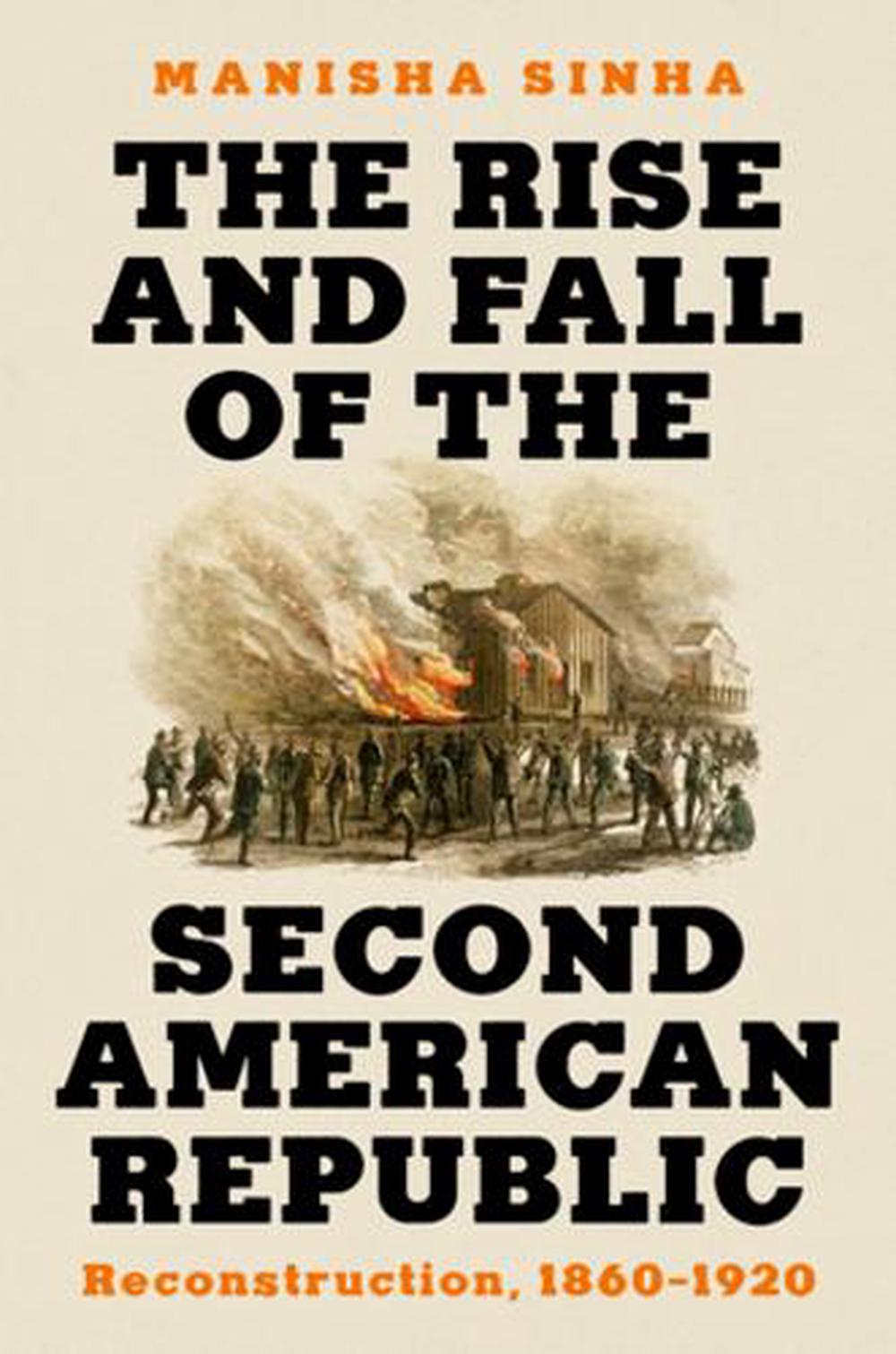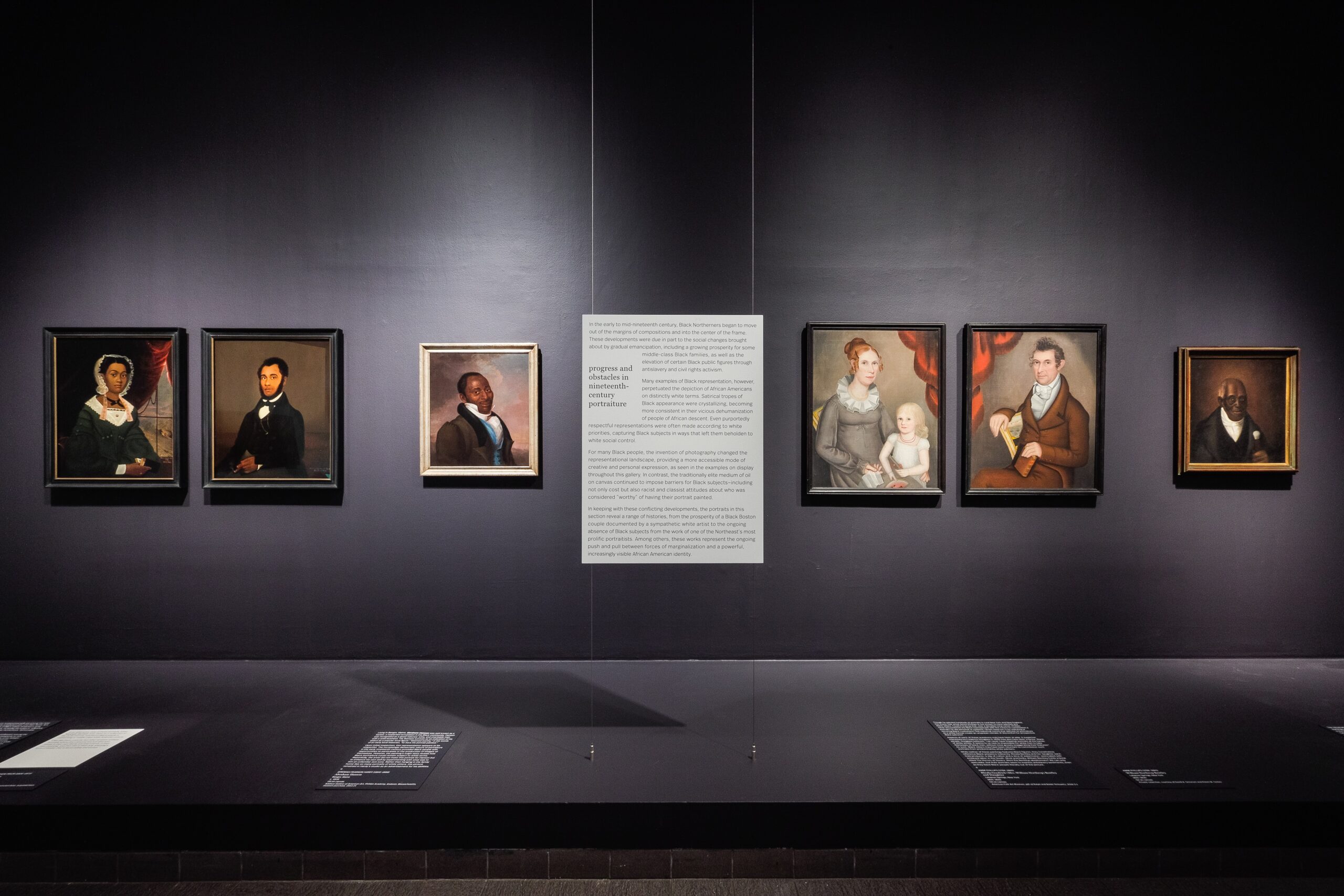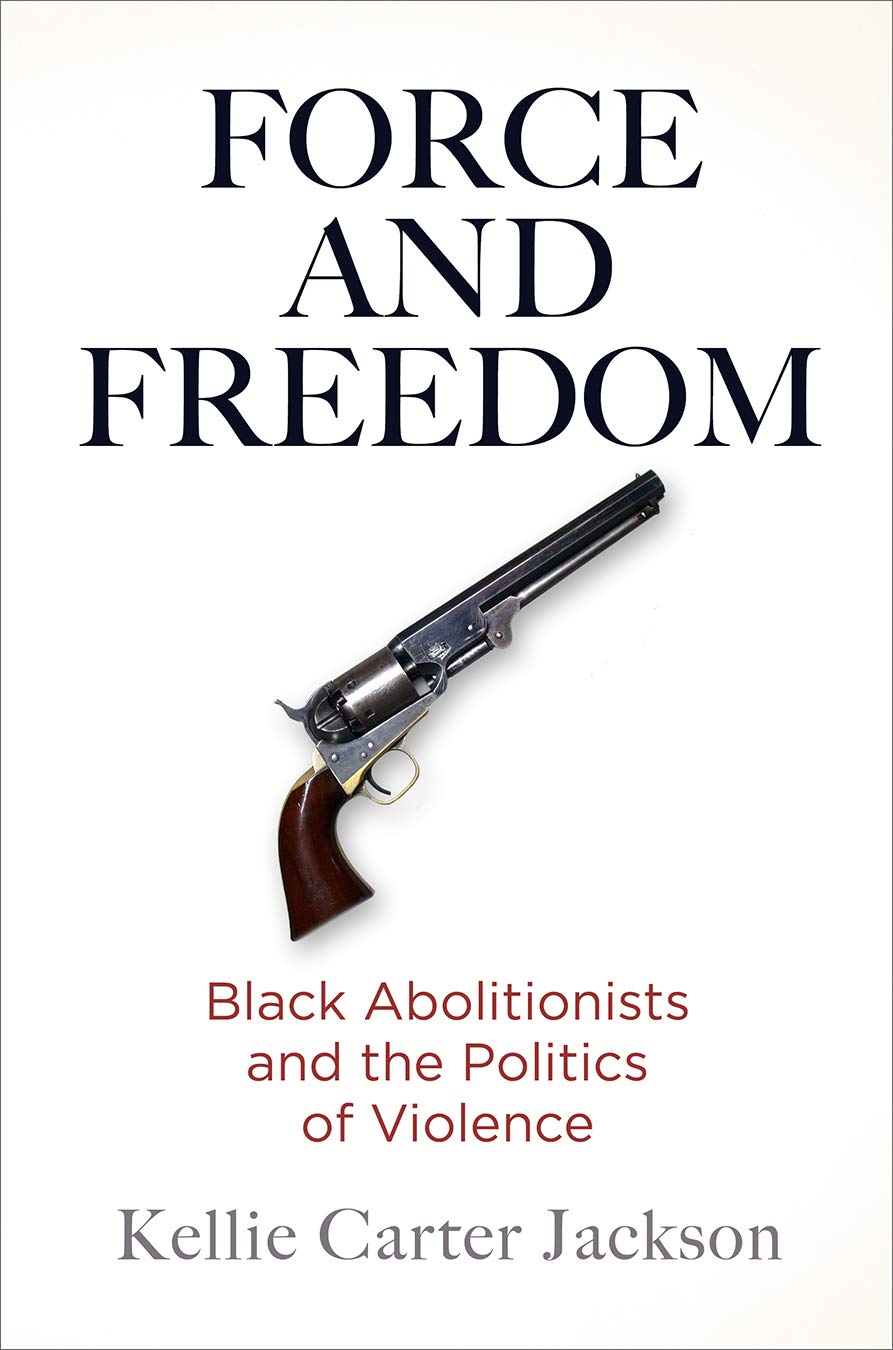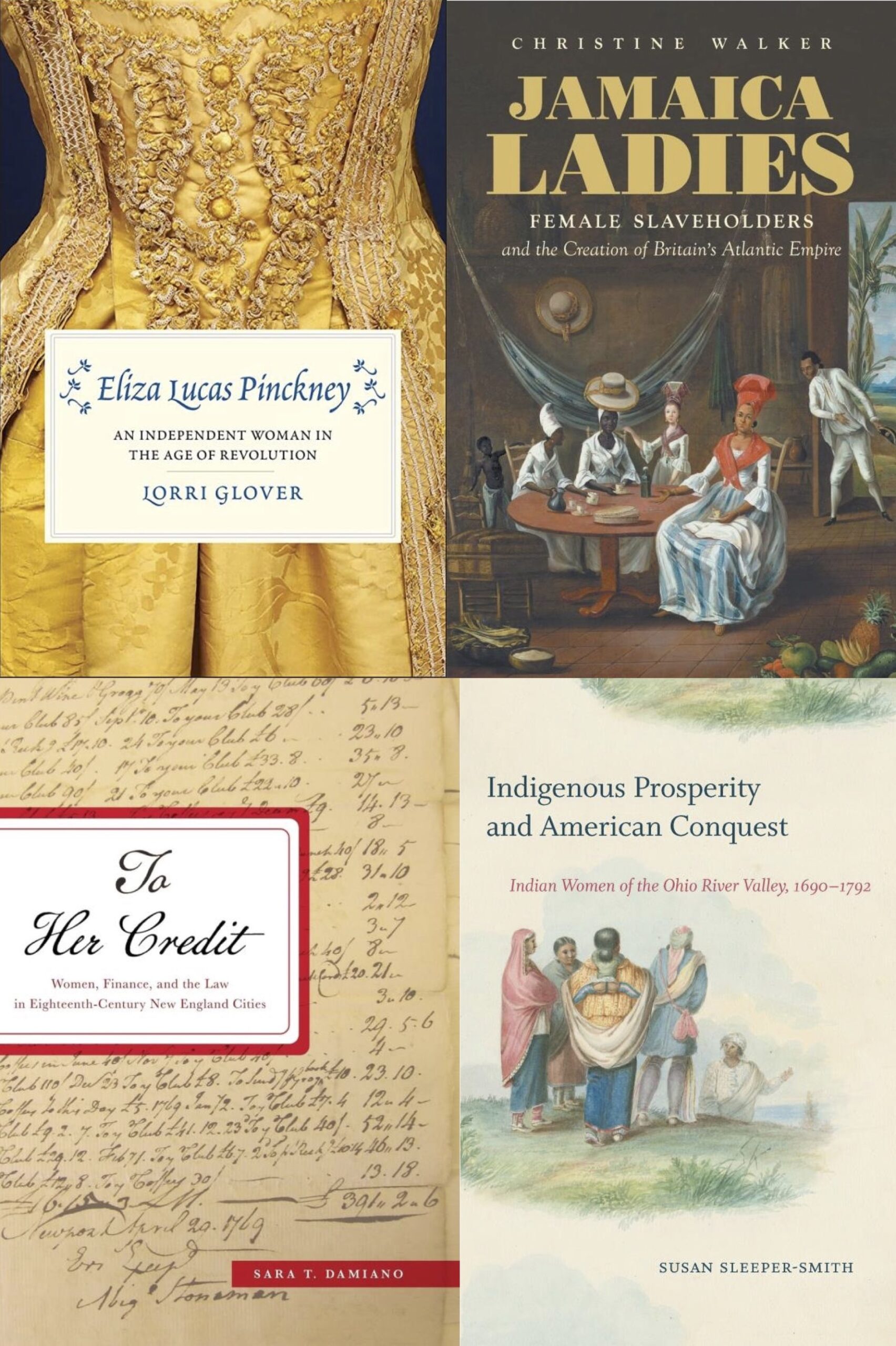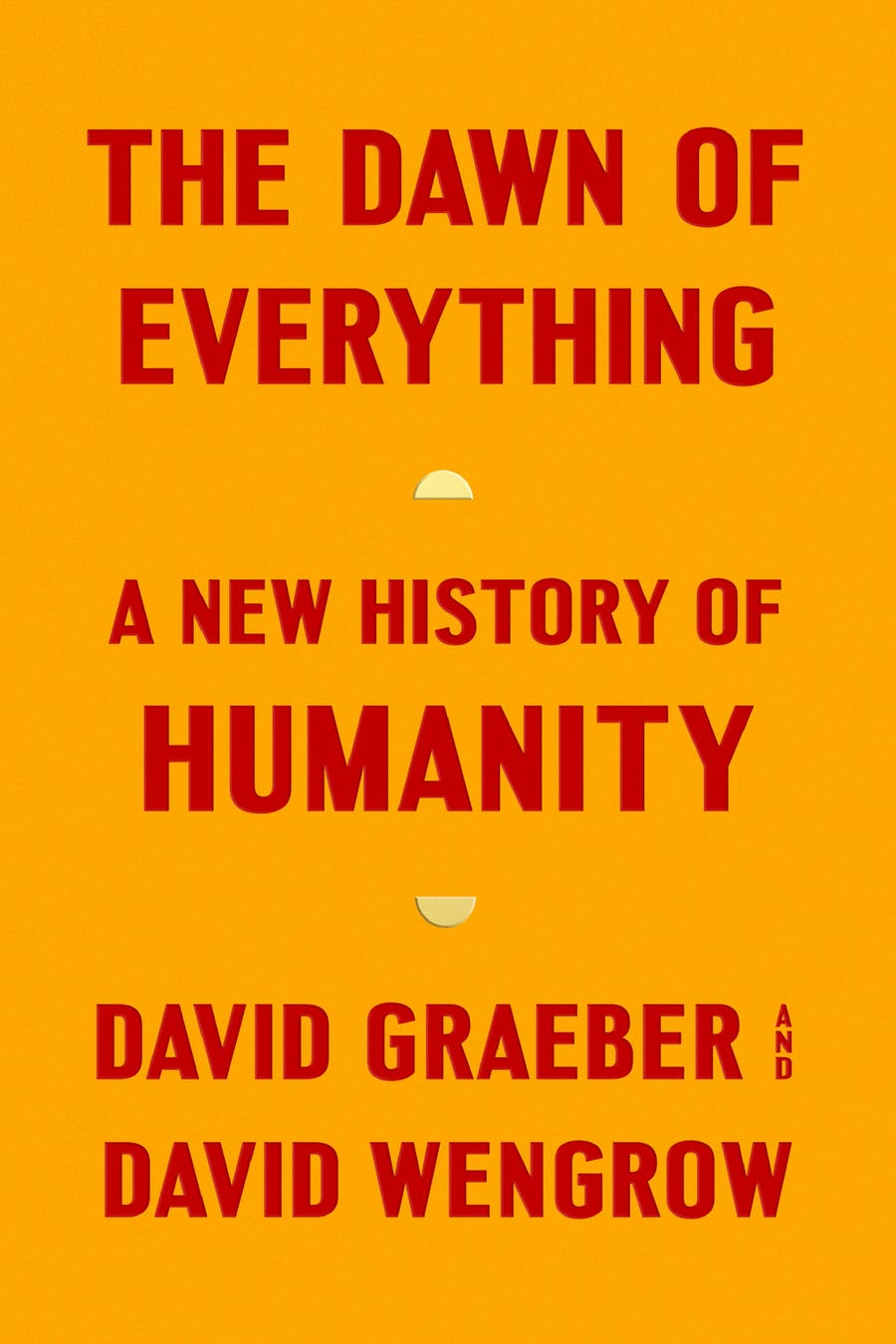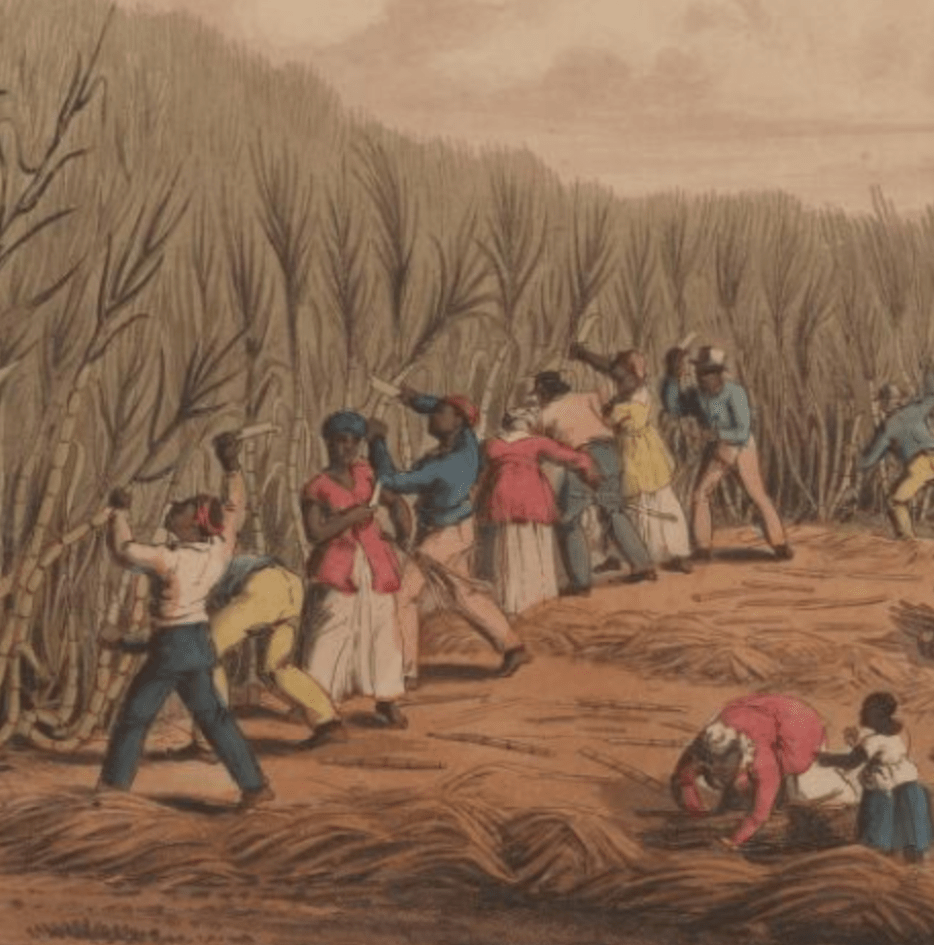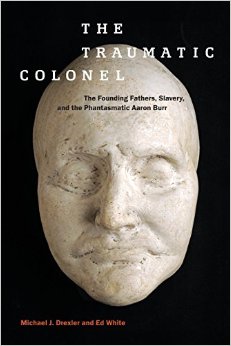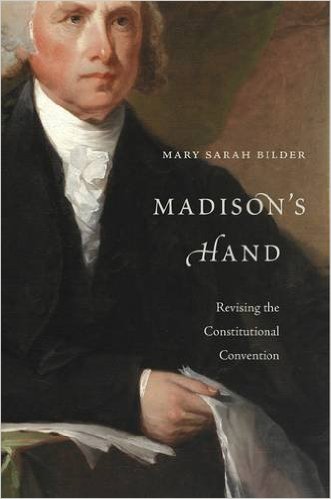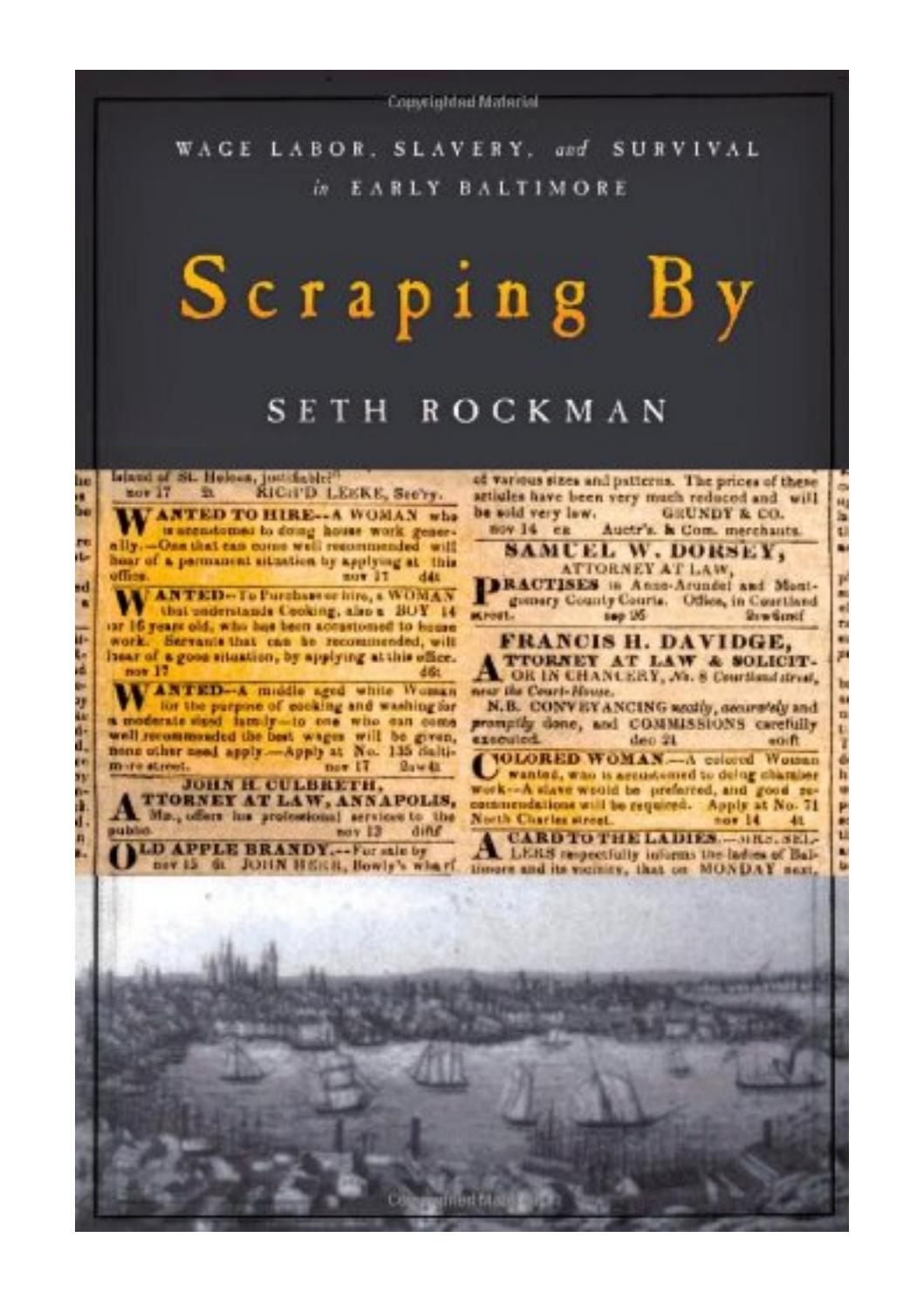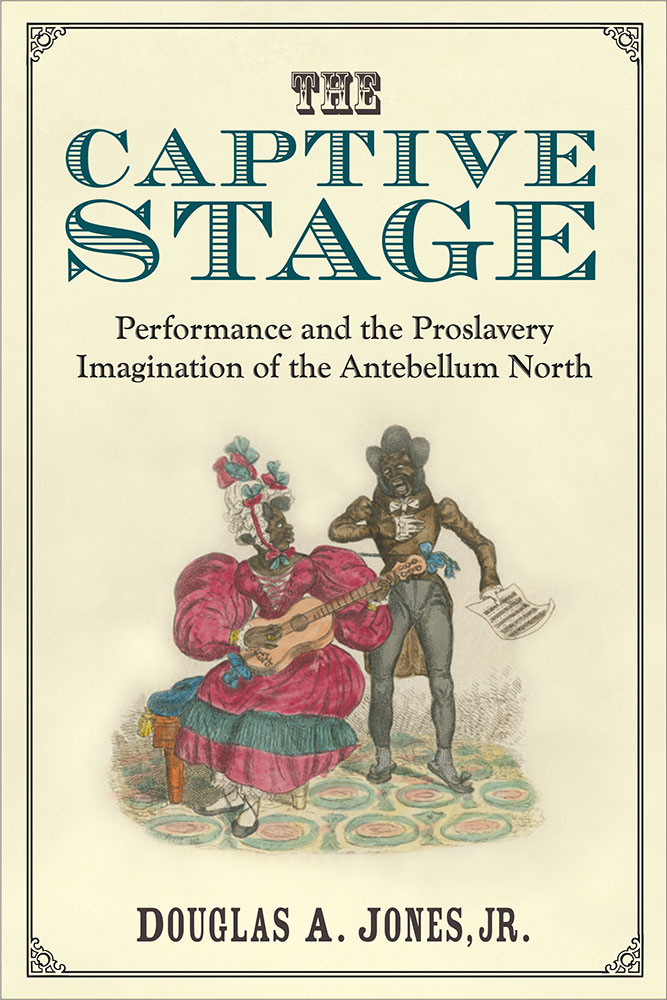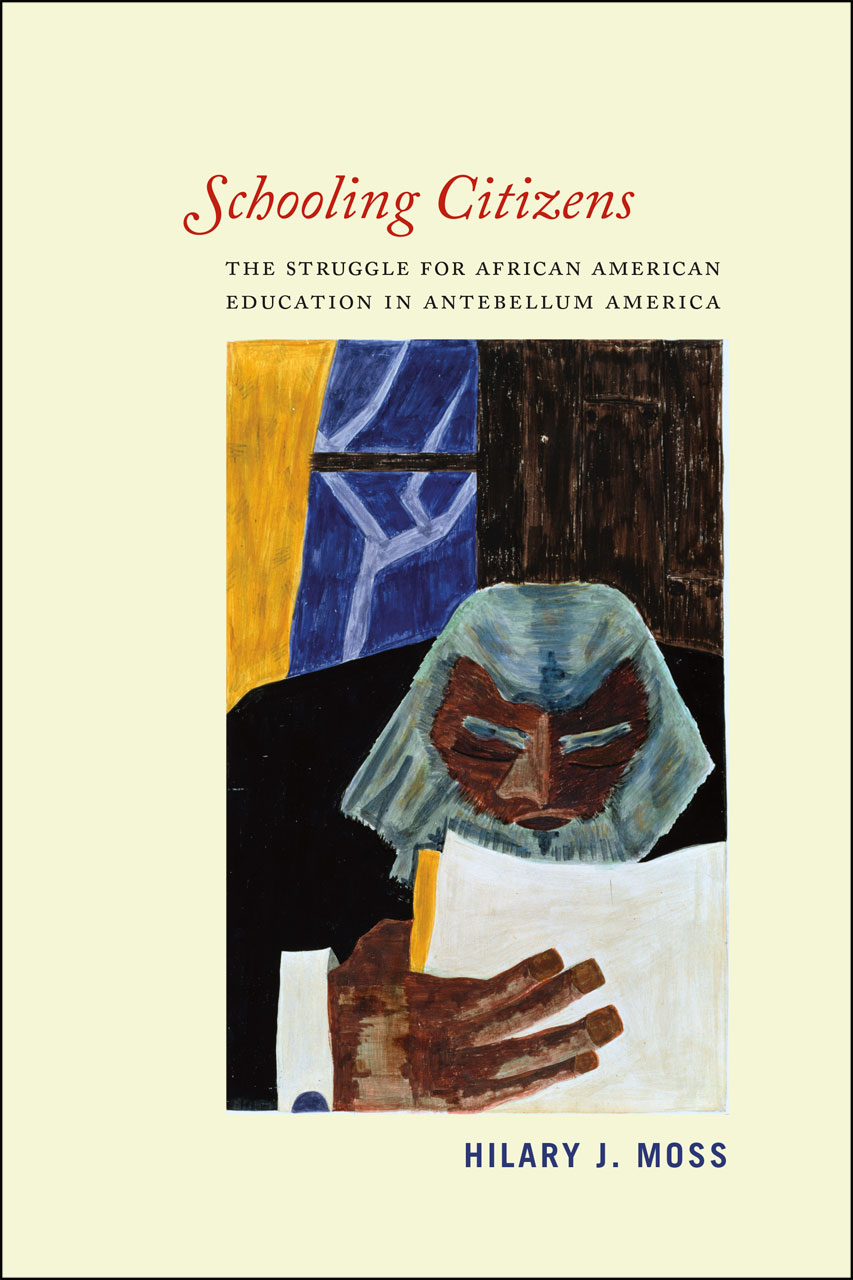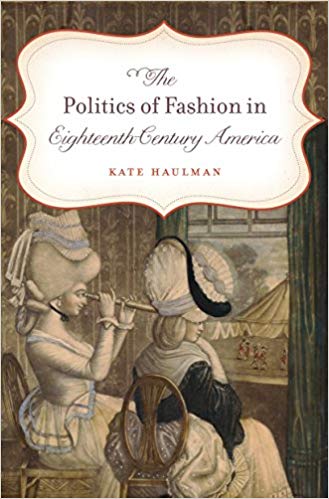For reasons that no one seems completely to understand, the middle third of the nineteenth century, particularly in America, was a hothouse of utopian experiments. Some of these enterprises—the Shakers, for instance—first took root in the eighteenth century and sustained themselves through succeeding generations, long after their charismatic founders had died. Benjamin Franklin’s memoir offers intriguing portraits of the Moravians in mid-eighteenth-century Pennsylvania and of Michael Wohlfahrt (or Welfare) with his fellow Dunkers. Amish and Mennonite communities dating from this period continue to exist in many parts of the Northeast and Midwest, where a sectarian family in its horse and buggy are familiar sights on country roads. Pietist or Socialist communes of various sorts—like the Rappites of New Harmony, Indiana, and their Owenite successors—tried to envision and to enact workable alternatives to the brutal economic realities of industrialization. Nathaniel Hawthorne employs the utopian aspirations that took him, briefly, to Brook Farm in 1841 as the background for his third novel, The Blithedale Romance (1852), though he had the instinctive good sense to replace the “Blithedale” with the “Romance” very quickly indeed as his story unfolded. Utopian idealists (Hawthorne’s narrator concludes) tend to be obsessive bores. Richard Francis struggles with precisely this narrative problem in his discussion of Bronson Alcott, his family, and his idealist colleagues and rivals in the short-lived communal experiment called Fruitlands.
Very early in his introduction, Francis calls Fruitlands “one of history’s most unsuccessful utopias ever—but also one of the most dramatic and significant” (1). Part of this claim is certainly true. Fruitlands was a going concern for roughly six months only, if one counts just the weeks that Alcott and his companions spent at the little farmhouse on Prospect Hill in Harvard, Massachusetts, to which the name applies. The community members (never more than thirteen and most of them Alcotts) moved to the farm in June 1843 and by January 1844 the enterprise collapsed in a morass of disillusionment and ill-feeling largely triggered by personal conflicts between Abigail Alcott (the accidental heroine of this story) and Charles Lane, the English financial backer of the Fruitlands effort. Francis charts the failure in excruciating detail, almost literally day by day, weaving in commentary by outsiders like Ralph Waldo Emerson, whose caustic analysis of Bronson Alcott’s agenda proves to be one of the delights of Francis’s book. But it is never really clear why this utopian failure is exceptional for its drama or its significance. It is certainly not remarkable for its numbers.

The vegan few at Fruitlands are a negligible remnant indeed. By contrast the Shaker settlement in Harvard had nearly two hundred members when the two Fruitlands founders, Lane and Alcott, visited them in 1843 on one of the pedestrian tours that Alcott often took apparently as a means of evading the hard work of farming. Brook Farm—which Alcott and Lane also visited that year—had eighty or ninety resident socialists, enthusiastically raising swine and cattle, manuring their fields, making love, and generally horrifying their abstemious visitors with the comparative fleshly gusto of their existence. “Vegetable diet and sweet repose. Animal food and nightmare,” one Fruitlands aphorism declared. “Pluck your body from the orchard; do not snatch it from the shamble” (126), ran another. These exhortations and others like them appeared on the motivational sealing wafers that the Alcott family and their utopian colleagues used on the letters they wrote to one another and deposited in a household mailbox for internal, domestic delivery—a kind of self-imposed surveillance system that, like Alcott’s celebrated “Conversations,” was ultimately geared to keeping the faithful in line with the hodge-podge of dietary and philosophical doctrines that governed the enterprise.
These doctrines occupy Richard Francis’s attention throughout his study, beginning with his account of the charismatic Englishman, James Pierrepont Greaves, a devotee of vegetarianism, celibacy, and the educational theories of Johann Pestalozzi, who attracted a small circle of followers in the late 1830s drawn to Greaves’s strange dietary metaphysics. Greaves and his circle adopted a regimen aimed at the reformation of mankind quite literally through the reformation of eating, a link that shapes yet another of the Fruitlands motivational wafers that Francis cites: “Without flesh diet there could be no blood-shedding war.” Greaves in turn was attracted to the accounts that he read of Alcott’s short-lived Temple School in Boston and made an overture to this American reformer in a letter that captures the odd spiritual eroticism that Greaves and Alcott shared: “Believing the Spirit has so far established its nature in you, as to make you willing to cooperate with itself in Love-Operations,” Greaves wrote to this complete stranger, “I am induced, without apology, to address you as a friend and companion in the hidden path of Love’s most powerful revelations” (29). Walt Whitman would absorb such language from his contemporaries with unique avidity and convert it into remarkable verse, but his sexualized sensibility was far from unique.
Ultimately the Greavesians (including Charles Lane, a successful London commodities analyst) established their own communal school and living quarters near Richmond, a dwelling that they christened Alcott House. With the help of a gift from Emerson, Alcott was able to visit his English fans in the spring and fall of 1842, and though Greaves himself had just died, Charles Lane and another Greavesian named Henry Gardiner Wright ultimately returned to Massachusetts with Alcott to settle together, first in Concord and later at Fruitlands to build their new sexual and dietary economy, contribute long-winded articles to the Dial or other transcendentalist organs, and form “harmonic” couplings with one another. It didn’t last, and Francis’s book charts its collapse with the zeal for detail characteristic of a reality television show. Overexposure to Alcott’s vapid prose and feckless ways ultimately breeds contempt in Francis himself, who cannot resist the occasional mocking reference to the Fruitlands “business plan” (50), to Alcott’s “loser’s philosophy” (65), or to his invariably grandiose and murky prose. Abigail Alcott is by far the superior writer, Francis concedes, with a flair for “energy and attack”(238) that may have been responsible for the ruthless purging of her letter books later in life in an effort to blunt their keen and vivid criticism. Male egotism is pervasive and absurd in this story; female intelligence and courage partly (but only partly) redeem it.
But aside from the brainy melodrama on display at Fruitlands, why bother to reconstruct its domestic history at such length and in such an insular fashion? One scarcely gets out of the figurative house in Francis’s pages, despite the occasional jaunt some Fruitlander or another will make to Brook Farm, to the Harvard Shaker Community, to New York or to Boston in search of recruits or money or both. Why does this outbreak of utopian fever take place in these years and take these forms? What lies behind the intense sexual issues addressed by the extremes of Shaker celibacy and Fourierist promiscuity in these utopian worlds? Despite the memorable beginning made by Alice Felt Tyler inFreedom’s Ferment (1944) and one or two much more recent successors (Carl Guarneri, Christopher Clark, Sterling Delano), no one has systematically linked nineteenth-century utopian movements as a whole to the world from which they spring. Francis offers an occasional defense of Fruitlands for its premonitions of a modern ecological consciousness, but the case is not very detailed or very persuasive. And in any event, human flesh was the chief segment of the biosphere in which the Fruitlands experimenters took an interest, not the Nashua River wetlands, the urban pollution of nineteenth-century cities or the nineteenth-century diet to which it hoped to offer an alternative. A micro-study such as this one still requires a contextual and intellectual scaffolding that will account for its claim on our attention today. Readers ofFruitlands: The Alcott Family and their Search for Utopia will have to construct that scaffolding on their own.




